Obama, world leaders work to stop nuclear spread, prohibit weapons from reaching terrorists
By Steven R. Hurst, APMonday, April 12, 2010
Obama, world leaders work to stop nuclear spread
WASHINGTON — The White House announced Monday that Ukraine was giving up all its highly enriched uranium, marking success for a major U.S. arms control initiative shortly before President Barack Obama opens a conference on locking down nuclear materials.
Obama spokesman Robert Gibbs said the Ukrainian stockpile, sufficient for several nuclear weapons, would be transferred to the United States for reprocessing by 2012.
The new Ukrainian president, Viktor Yanukovich, had just wrapped up a pre-conference meeting with Obama when the announcement was made.
Ukraine was left with major nuclear materials when the Soviet Union broke apart in 1991.
When the conference begins Monday afternoon, prime ministers and top officials from 47 countries will join Obama at his nuclear proliferation summit, the largest assembly hosted by a U.S. leader since the founding conference of the United Nations in 1945.
Obama wants world leaders to confront the threat of nuclear arms falling into the hands of terrorists — a specter he labels “the single biggest threat to U.S. security.” And he’s looking at the high-profile security forum here to help him reach his goal of ensuring that all nuclear materials worldwide are secured from theft or diversion within four years.
Obama began the day with a series of meetings with international visitors, including Jordan’s King Abdullah II. The Malaysian, Armenian and Chinese leaders also were on the schedule.
On the eve of the meeting, Obama said that nuclear materials in the hands of al-Qaida or another terrorist group “could change the security landscape in this country and around the world for years to come.”
At a parallel unofficial conference of more than 200 international nuclear experts, participants said too many around the world don’t share the concern that nuclear terrorism is an urgent threat.
“There is a great complacency among policy makers around the world that terrorist groups couldn’t make a nuclear bomb,” said Matthew Bunn of Harvard.
Pakistani physicist Pervez Hoodbhoy focused on his home region, where both Pakistan and India are building up their nuclear arsenals.
“Unfortunately, I do not see this concern either in Pakistan or India about nuclear terrorism,” he said. “Both countries do not see the seriousness of this situation.”
American nonproliferation expert Robert Gallucci told the conference he believes it’s “probable” over time that terrorists will detonate an atomic weapon in a city somewhere, not necessarily in the U.S. or Europe.
Clearly with Pakistan and India in mind, the former U.S. diplomat said, “Any country that has suffered serious terrorist attacks, foreign or domestic, needs to take this threat seriously.”
While sweeping or even bold new strategies were unlikely to emerge from the two-day gathering, the president declared himself pleased with what he heard in warm-up meetings Sunday with the leaders of Kazakhstan, South Africa, India and Pakistan.
“I feel very good at this stage in the degree of commitment and a sense of urgency that I have seen from the world leaders so far on this issue,” Obama said. “We think we can make enormous progress on this, and this then becomes part and parcel of the broader focus that we’ve had over the last several weeks.”
He was referring to what had gone before this, the fourth leg of his campaign to rid the world of nuclear weapons. The United States is the only country to use the weapons, two bombs dropped on Japan to force its surrender in World War II.
The high-flown ambition, which the president admits will probably not be a reality in his lifetime, began a year ago in Prague when he laid out plans for significant nuclear reductions and a nuclear-weapons-free world.
In the meantime, he has approved a new nuclear policy for the United States, promising last week to reduce America’s nuclear arsenal, refrain from nuclear tests and not use nuclear weapons against countries that do not have them. North Korea and Iran were not included in that pledge because they do not cooperate with other countries on nonproliferation standards.
That was Tuesday, and two days later, on the anniversary of the Prague speech, Obama flew back to the Czech Republic capital where he and Russian President Dmitri Medvedev signed a new treaty that reduces each side’s deployed nuclear arsenal to 1,550 weapons. Medvedev also arrives Monday to sign a long-delayed agreement to dispose of tons of weapons-grade plutonium from Cold War-era nuclear weapons — the type of preventive action Obama wants the summit to inspire.
Throughout the two-day gathering, Iran will be a subtext as Obama works to gain support for a fourth round of U.N. sanctions against Tehran for its refusal to shut down what the United States and many key allies assert is a nuclear weapons program. Iran says it only wants to build reactors to generate electricity.
In an interview on ABC’s “Good Morning America,” Medvedev agreed that Iran’s nuclear program must be watched closely, but he said sanctions on the regime would have to be smart and effective because they often don’t work.
“They should not lead to humanitarian catastrophe, where the whole Iranian community would start to hate the whole world,” the Russian president said.
He rejected the idea of imposing sanctions on Iran’s petroleum industry.
“I don’t think on that topic we have a chance to achieve a consolidated opinion of the global community,” Medvedev said.
Support from Medvedev and Chinese President Hu Jintao is critical, but neither is firmly committed to a new sanctions regime. Hu and Obama were also to meet before the conference opens.
Tags: Asia, Barack Obama, China, East Asia, Eastern Europe, Europe, Foreign Policy, Greater China, Hu Jintao, India, International Agreements, Iran, Jordan, Middle East, North America, Nuclear Weapons, Pakistan, Russia, South Asia, Terrorism, Turkey, Ukraine, United States, Washington, Weapons Administration, Weapons Of Mass Destruction, Western Europe
|
April 22, 2010: 5:46 am
GABRIEL By Allama Muhammad Yousuf Gabriel Fellow humans ! I am destined to greet you with a terrific warning. Tis time now to trumpet the doomsday of this science-guided, Baconian culture of progress. Adopt the “atomic- energy -for -peace”, and nuclear annihilation of this world is a certainty. Ban the atomic energy, and the result is the cessation of this economico-industrial set up. Hopes, expectations and optimisms of the scientists and the non-scientists to the contrary are but a dream whose interpretation is a blazing hell of nuclear jehannah. Progress, Atomic Energy and Atomic Bombs are a trinity interlinked. The disappearance of one implies the disappearance of the other two. The Annulment of the Atomic War entails the annulment of Atomic Energy as well as of this Progress. Be not surprised. The flames of Atomic Hell are more surprising. ( Allamah Yousuf Gabriel) GHOSIA BOOK CENTRE NAWABABAD WAH CANTT DISTRICT RAWALPINDI PAKISTAN |
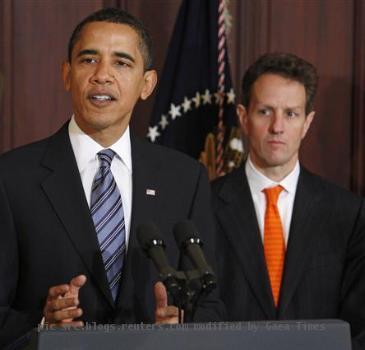



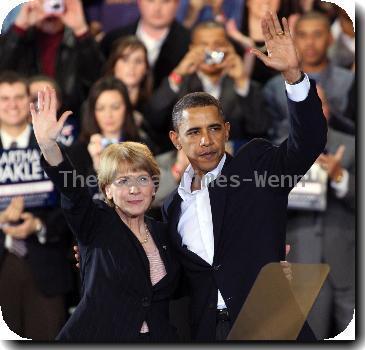

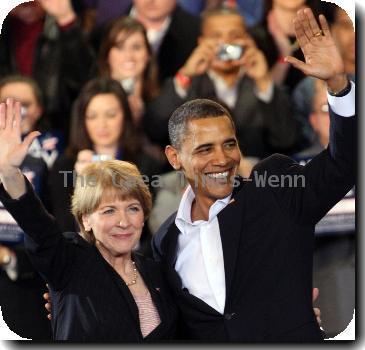
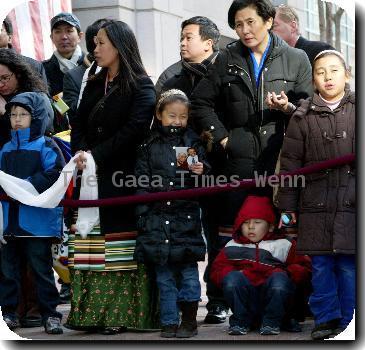

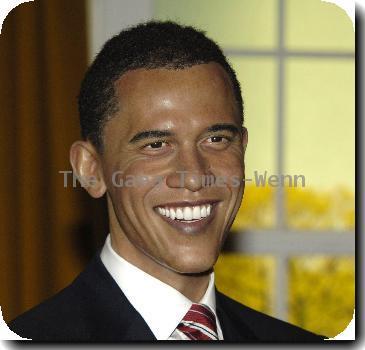

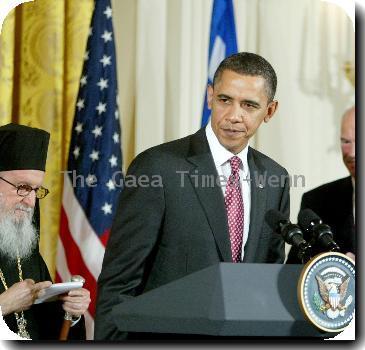
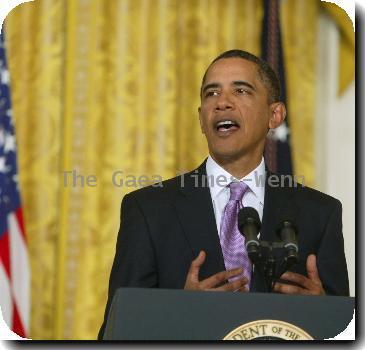
yousuf gabriel